Ten Questions for Lan Samantha Chang
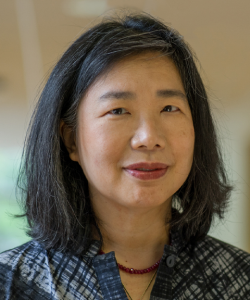
“It took me more than a year to put aside my fear of attempting it.” —Lan Samantha Chang, author of The Family Chao
Jump to navigation Skip to content
Read weekly interviews with authors to learn the inside stories of how their books were written, edited, and published; insights into the creative process; the best writing advice they’ve ever heard; and more.

“It took me more than a year to put aside my fear of attempting it.” —Lan Samantha Chang, author of The Family Chao

“It’d be easier for me to stop talking than to stop writing.” —Tochi Onyebuchi, author of Goliath
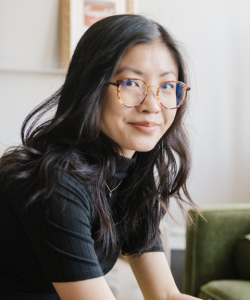
“I will miss thinking about Joan and her world every second of every day.” —Weike Wang, author of Joan Is Okay

“Make it so good they can’t reject it.” —Edgar Gomez, author of High-Risk Homosexual
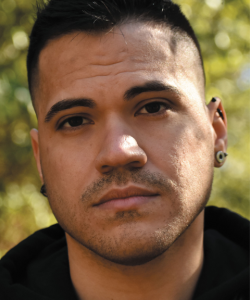
“Everything fell out of me in five intense sleepless weeks.” —Xavier Navarro Aquino, author of Velorio
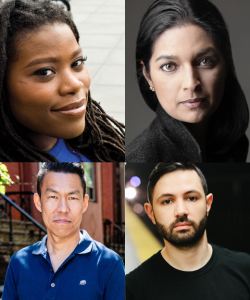
Ten writers, including Alex Dimitrov and Kaitlyn Greenidge, share the best writing advice they’ve ever heard.
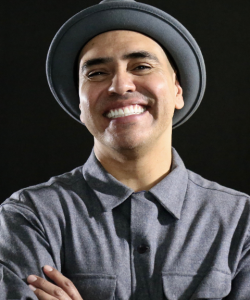
“If you feel that the story is good and that it needs to be read, then keep at it until you’re happy with it.” —Obed Silva, author of The Death of My Father the Pope
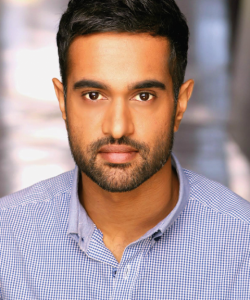
“This was the book I was meant to write my whole life.” —Neel Patel, author of Tell Me How to Be
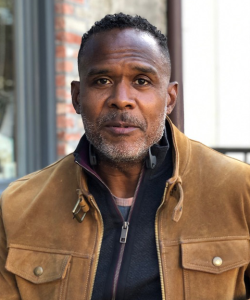
“Thinking is really about 90 percent of the work.” —James Hannaham, author of Pilot Impostor
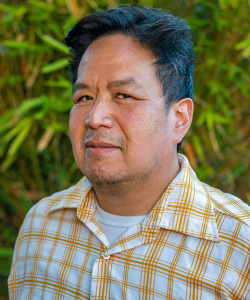
“I wrote this book with the constraint of honesty.” —Truong Tran, author of book of the other
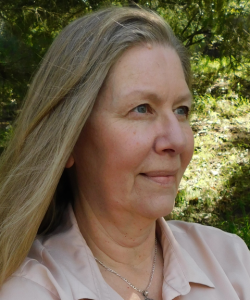
“It felt as if my protagonist was in the room with me.” —Claire Oshetsky, author of Chouette
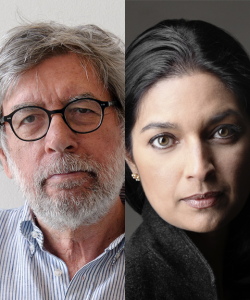
This week’s installment of Ten Questions features Domenico Starnone and Jhumpa Lahiri, the author and the translator of Trust.

“What does it take for any of us to change our core beliefs?” —Okezie Nwọka, author of God of Mercy
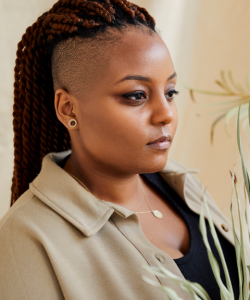
“I was using the text as a future image of what my own life could be.” —Shayla Lawz, author of speculation, n.

“I need to be involved with life, its business, its noise.” —Khadija Abdalla Bajaber, author of The House of Rust
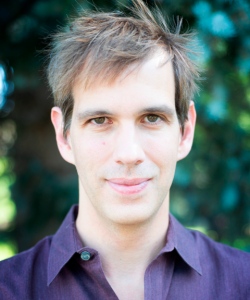
“Trust yourself and your own vision for your work.” —Blake Sanz, author of The Boundaries of Their Dwelling
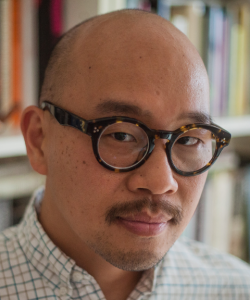
“I wanted to articulate and be honest to the emotion of grief.” —Eugene Lim, author of Search History
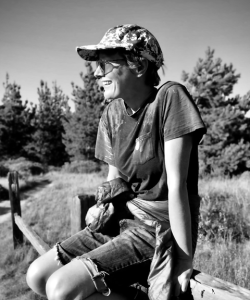
“I write poetry when I’m in transit or transition.” —Angela Hume, author of Interventions for Women
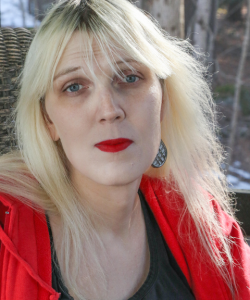
“It was a fever dream process of creation.” —Casey Plett, author of A Dream of a Woman
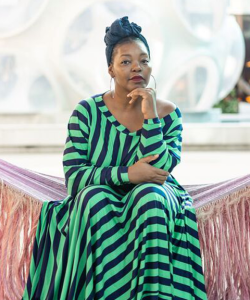
“There was so much shame in this project for me to dispel and bury.” —Mahogany L. Browne, author of I Remember Death by Its Proximity to What I Love
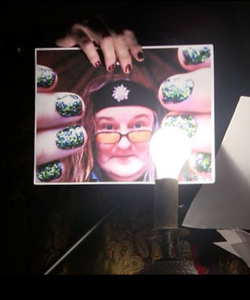
“The moment you walk away from the conversation with a poem, you lose it, and it will never return.” —CAConrad, author of AMANDA PARADISE
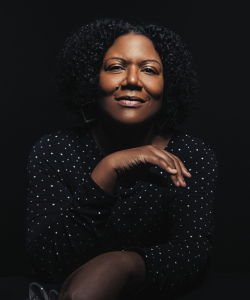
“In the mornings—or when I roll over from a dream—there’s only God and me talking to each other.” —Honorée Fanonne Jeffers, author of The Love Songs of W. E. B. Du Bois
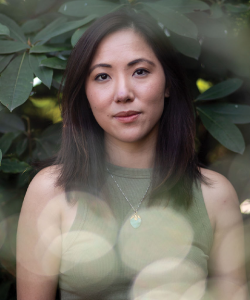
“I find it really hard to follow a routine in almost every part of my life.” —Kat Chow, author of Seeing Ghosts
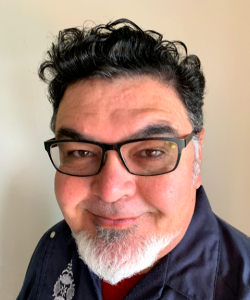
“Combining unsparing humor with heart is a superpower.” —Jaime Cortez, author of Gordo
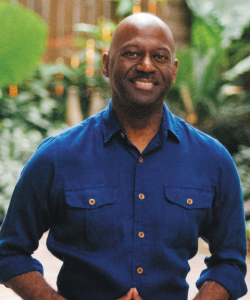
“I write when an idea, story, or book commands me to.” —Louis Edwards, author of Ramadan Ramsey